The quiet effort to disrupt state election systems
How America's secretaries of state could alter the 2024 presidential campaign
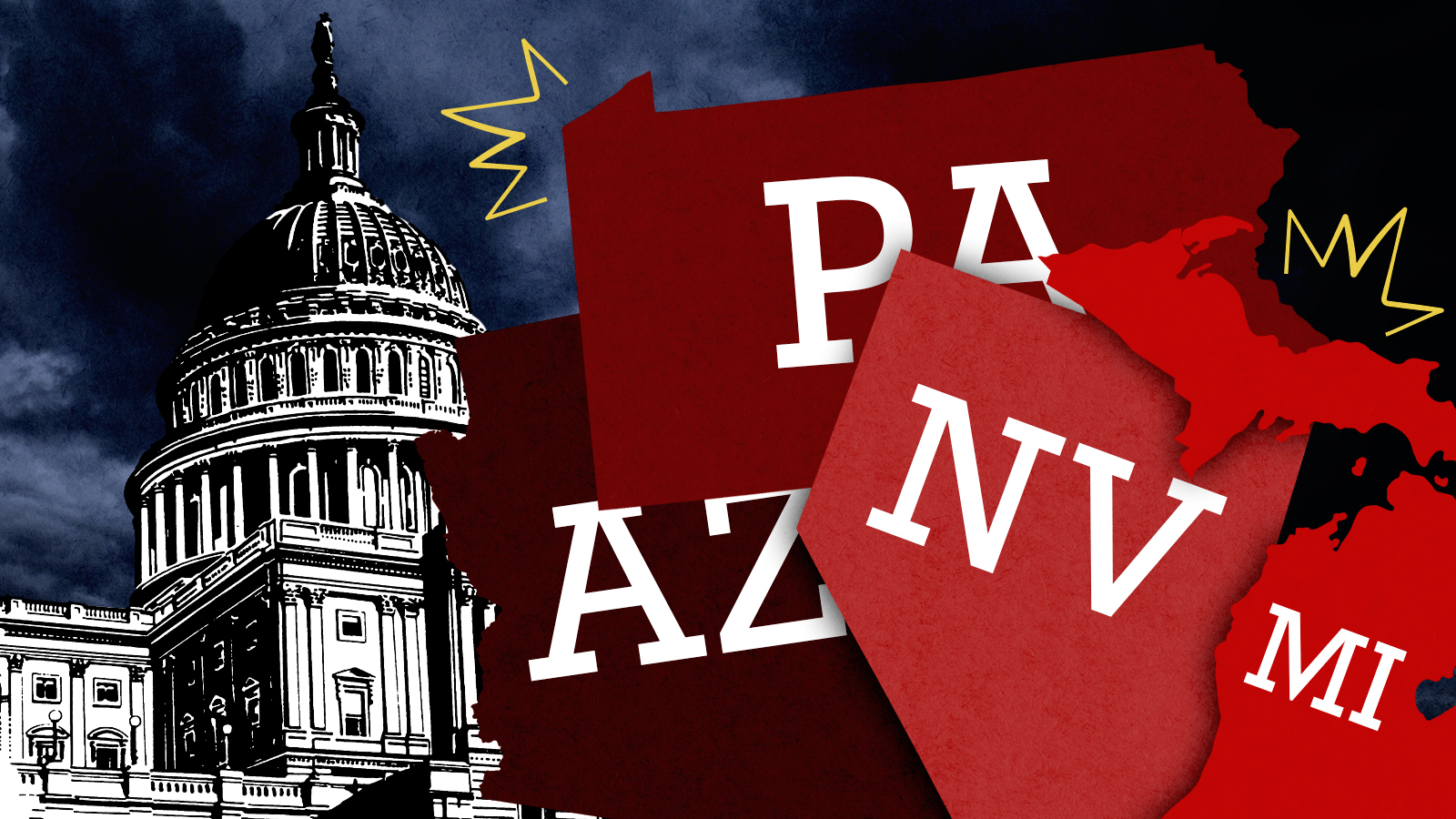

The "Big Lie" is on the ballot in this year's midterm elections. In a number of states, Republicans are running candidates who support the false notion that Donald Trump was the real winner of the 2020 presidential election. And a number of those candidates are running to become the top elections official in their respective states. If they win, the rules under which American elections are contested could change radically before the next presidential campaign.
"Would-be secretaries cannot unilaterally rewrite state election law on their own," Zach Montellaro points out at Politico. But "there are opportunities for election deniers to remake their state's election procedures in their image."
Who are these pro-Trump Republicans who want to run their states' elections, and how could they upend the 2024 campaign? Here's everything you need to know:
Subscribe to The Week
Escape your echo chamber. Get the facts behind the news, plus analysis from multiple perspectives.

Sign up for The Week's Free Newsletters
From our morning news briefing to a weekly Good News Newsletter, get the best of The Week delivered directly to your inbox.
From our morning news briefing to a weekly Good News Newsletter, get the best of The Week delivered directly to your inbox.
Who are these candidates, anyway?
"In at least 11 states, the Republican nominee for the job of overseeing future elections is someone who has questioned, rejected, or tried to overturn the results of the 2020 election," CNN reports. That includes GOP candidates in three swing states: Mark Finchem of Arizona, Kristina Karamo of Michigan, and Jim Marchant of Nevada. But it doesn't include another swing state, Pennsylvania, where the governor appoints the top election official — and where Doug Mastriano, who chartered buses to the Capitol on Jan. 6, is the Republican nominee for the top job.
Together, some of these candidates have formed the America First Secretary of State Coalition, a group that "shares conspiracy theories about unfounded election fraud and exchanges ideas on how radically to reconstruct election systems" The Guardian reports.
Perhaps the most infamous of the candidates is Finchem, in Arizona, another Republican candidate who was close to the Capitol on Jan. 6 and has ties to the QAnon movement. He hasn't won the office, but he's already disrupting this year's election — along with Kari Lake, the GOP nominee for governor, he sued and lost to force Arizona officials to hand-count ballots in this November's election instead of using machines. Trump lost Arizona in 2020, of course, but the New York Times reports that in May, Finchem sent an email to supporters saying that if he'd held the state elections post in 2020, "we would have won. Plain and simple."
How might they actually affect elections in their states?
Rick Hasen, director of the Safeguarding Democracy Project at UCLA, says the election-denying candidates raise two questions: "One: Are they going to administer elections fairly?" he told NPR. "And two: Even if they do, are others going to believe that they administer elections fairly?"
But these candidates could do more than give voters bad vibes. "More than any other category of elected official, secretaries of state could be instrumental in overturning the popular vote in their state — an unprecedented move in American history — or take other actions that throw results into question," Amber Phillips writes at The Washington Post.
How could they do that? "Atop the list of the most disruptive things they could do is refusing to certify accurate election results," Montellaro writes at Politico. Just as importantly, "many of the candidates want to dramatically change the rules for future elections, too." One common thread among the election-denying Republicans is a desire to roll back access to mail voting and ballot drop boxes in favor of same-day in-person voting.
That's the mild stuff: "Perhaps the most radical proposal from some of the candidates would be to completely scrap their states' voter rolls, requiring people to re-register." That could potentially make thousands and thousands of would-be voters ineligible to cast ballots if they don't get re-registered.
Are voters paying attention?
Let's face it: In most states, the races for secretary of state aren't usually all that sexy. Can you even name the top elections official in your state?
Still, it's clear that some political and media observers are trying to sound the alarm about the possibility of election deniers taking over state election systems, and unprecedented amounts of money are now pouring into those campaigns. "The stakes are really high but I also think people understand what's at stake and that's why you're seeing this level of enthusiasm," Colorado's secretary of state, Jena Griswold, said in an interview with The Guardian. "We must reject that it is partisan to protect the right to vote. It's not," she said. "It's the most American and democratic thing you can do."
Until the last few years, most elections officials did their jobs in relative anonymity. Those days seem to be over. "Trump is continuing to make election fraud the centerpiece of his effort to return to the presidency," Louis Jacobson blogs for UVA's Center for Politics. "This makes the outcome of the 27 secretary of state races in 2022 more important than ever."
A free daily email with the biggest news stories of the day – and the best features from TheWeek.com
Joel Mathis is a writer with 30 years of newspaper and online journalism experience. His work also regularly appears in National Geographic and The Kansas City Star. His awards include best online commentary at the Online News Association and (twice) at the City and Regional Magazine Association.
-
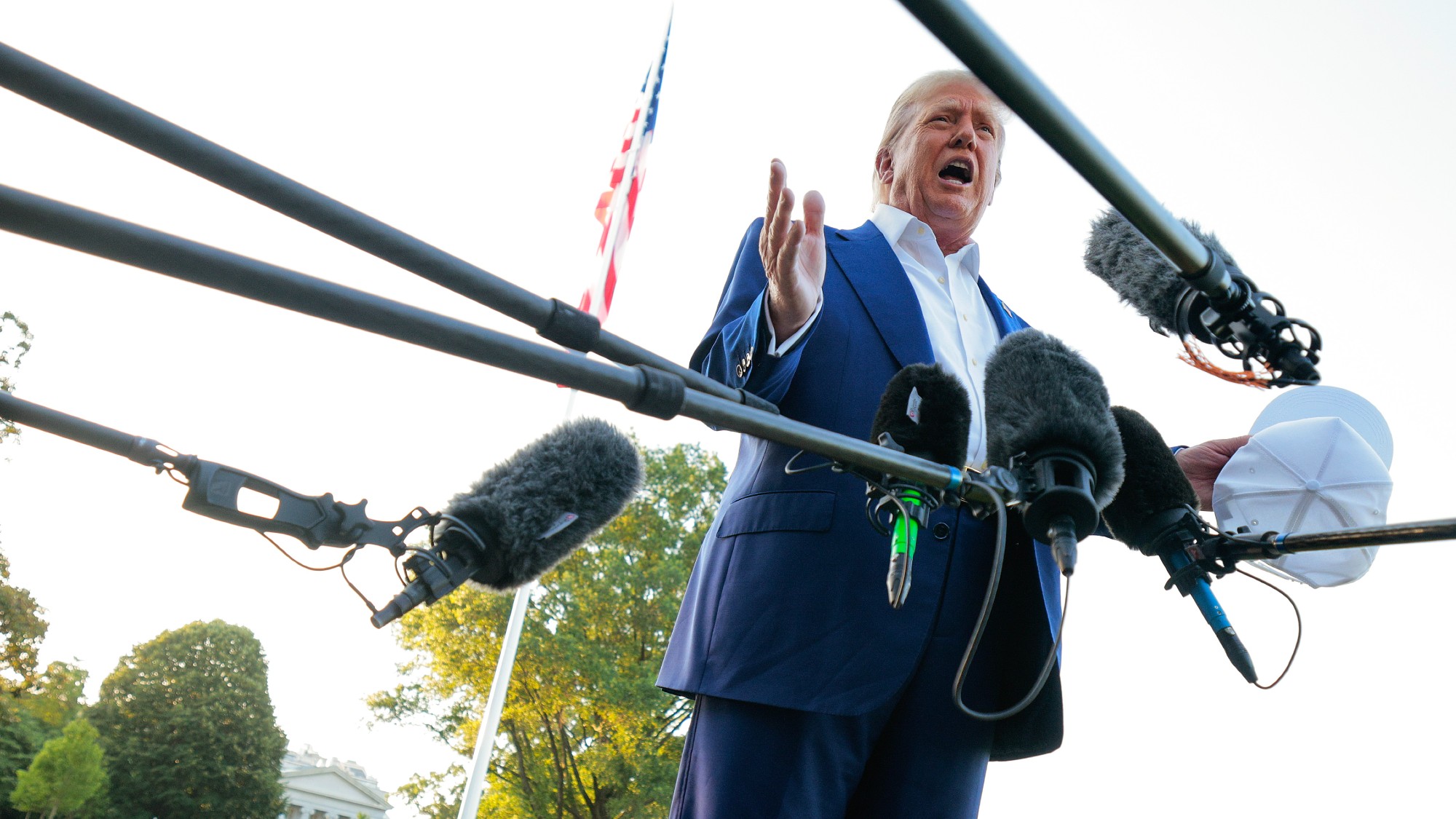 Trump's strikes on Iran: a 'spectacular success'?
Trump's strikes on Iran: a 'spectacular success'?In Depth Military humiliations 'expose the brittleness' of Tehran's ageing regime, but risk reinforcing its commitment to its nuclear program
-
 Will NATO countries meet their new spending goal?
Will NATO countries meet their new spending goal?today's big question The cost of keeping Trump happy
-
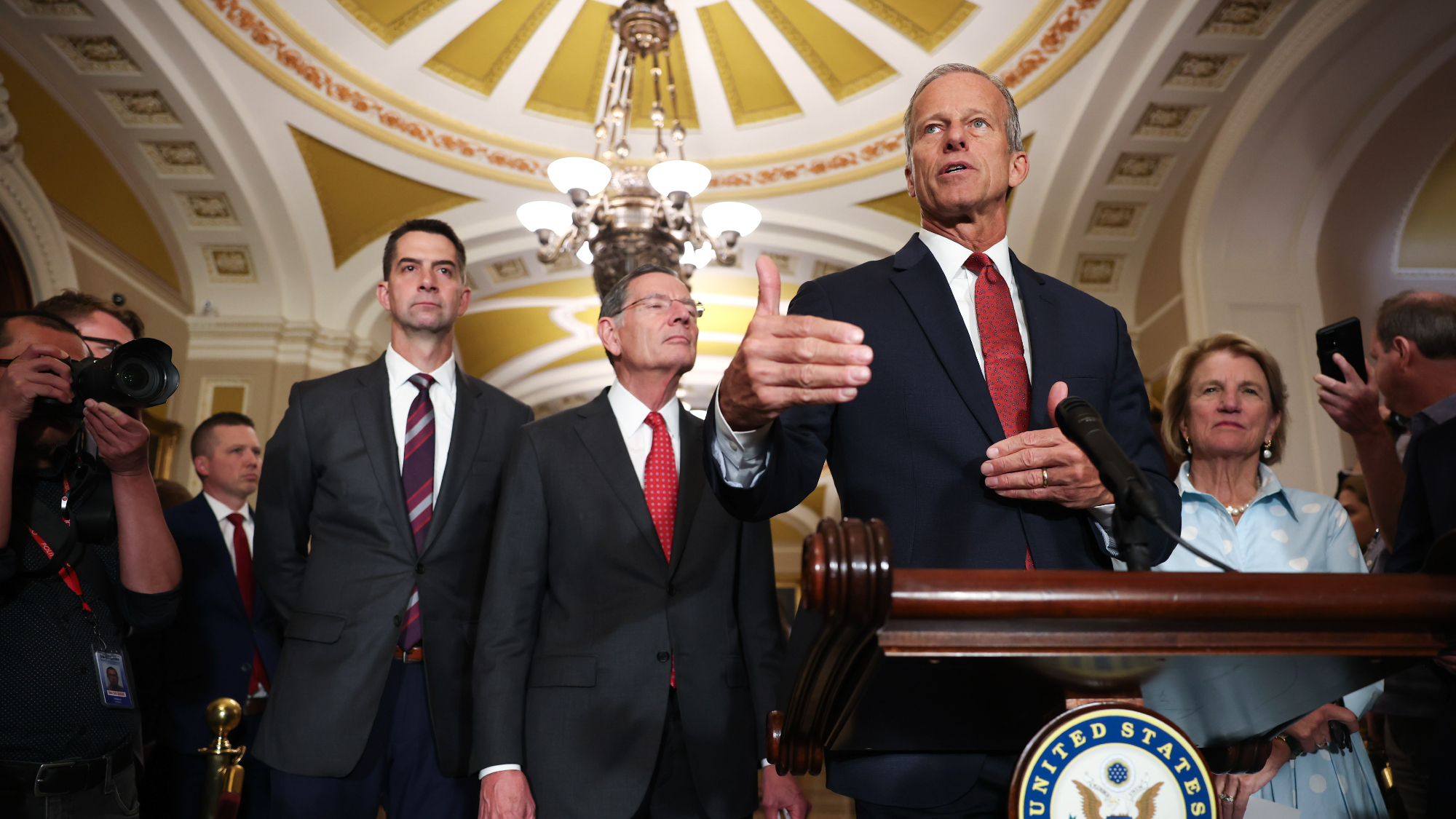 GOP races to revise megabill after Senate rulings
GOP races to revise megabill after Senate rulingsSpeed Read A Senate parliamentarian ruled that several changes to Medicaid included in Trump's "One Big Beautiful Bill" were not permissible
-
 Trump plans Iran talks, insists nuke threat gone
Trump plans Iran talks, insists nuke threat goneSpeed Read 'The war is done' and 'we destroyed the nuclear,' said President Trump
-
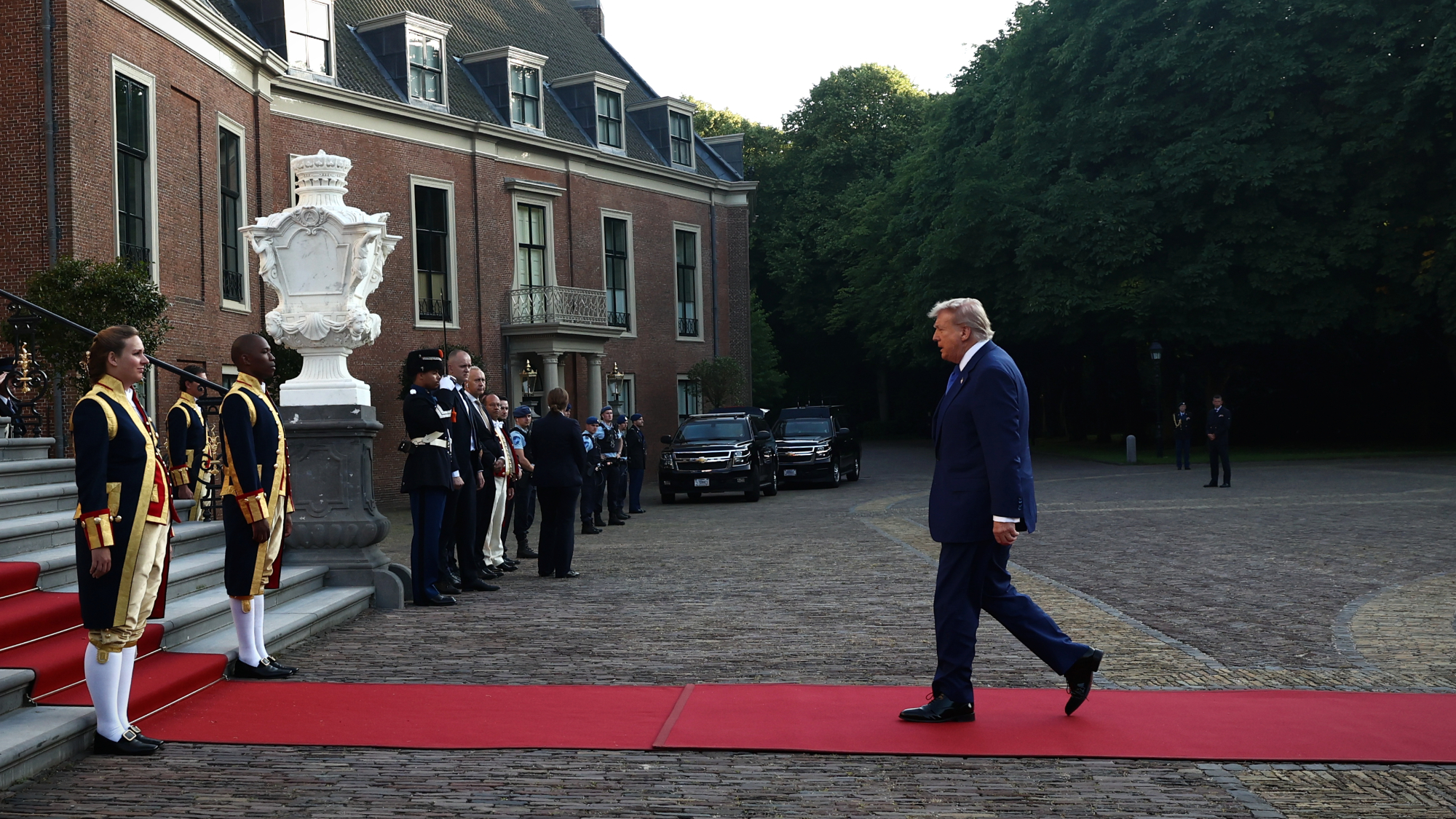 Trump embraces NATO after budget vow, charm offensive
Trump embraces NATO after budget vow, charm offensiveSpeed Read The president reversed course on his longstanding skepticism of the trans-Atlantic military alliance
-
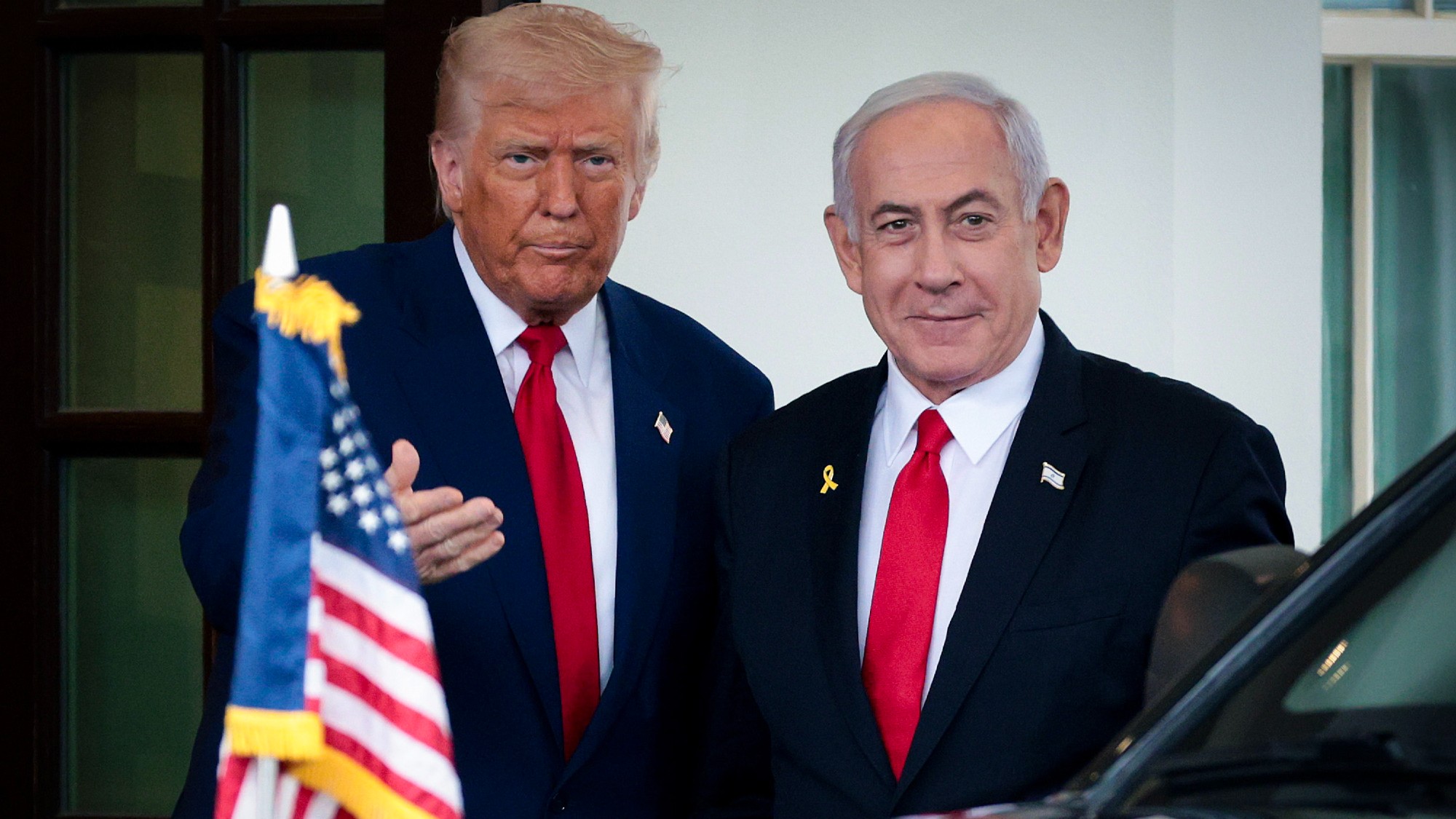 Bibi's back: what will Netanyahu do next?
Bibi's back: what will Netanyahu do next?Today's Big Question Riding high after a series of military victories, Israel's PM could push for peace in Gaza – or secure his own position with snap election
-
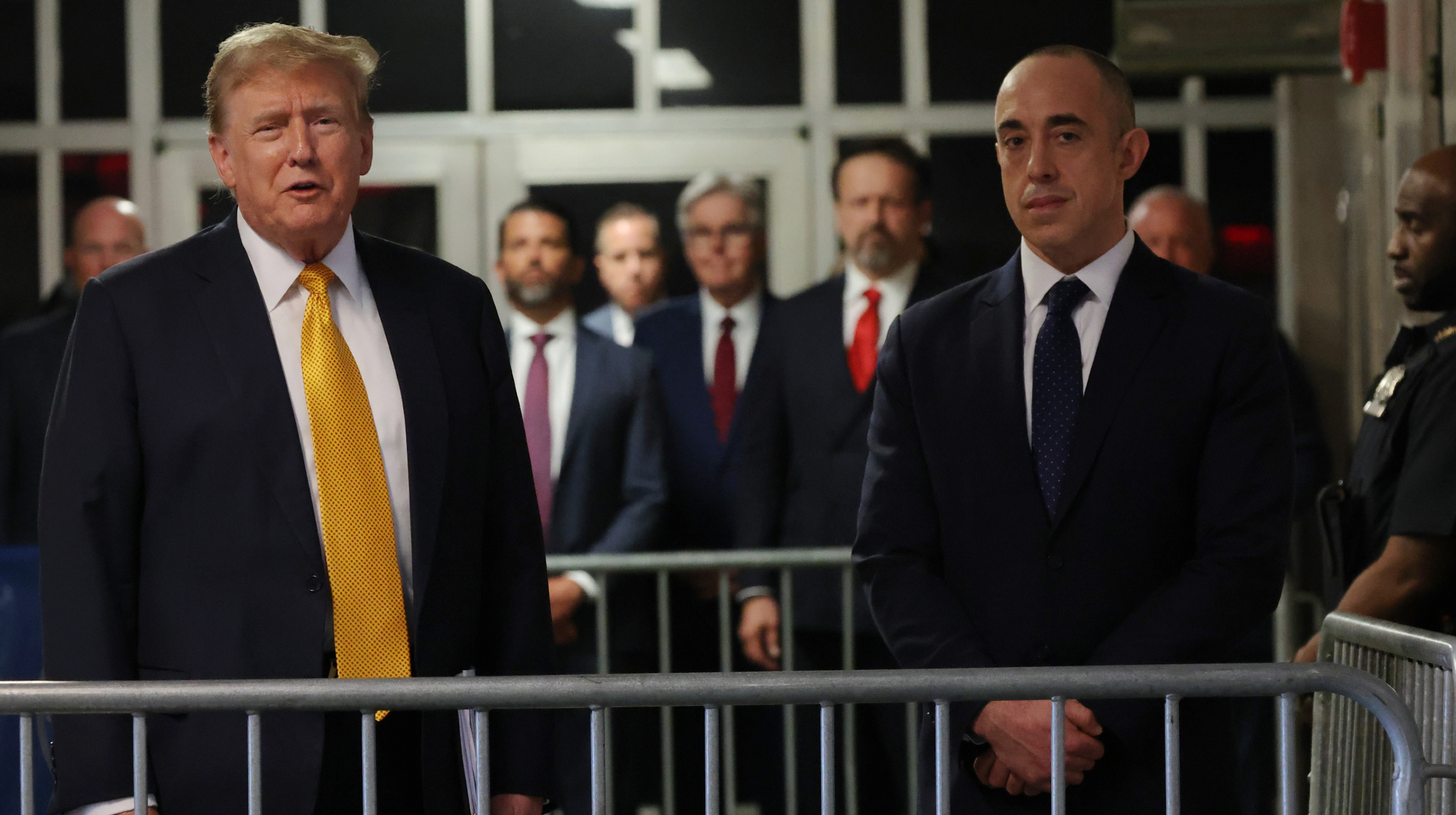 Trump judge pick told DOJ to defy courts, lawyer says
Trump judge pick told DOJ to defy courts, lawyer saysSpeed Read Emil Bove, a top Justice Department official nominated by Trump for a lifetime seat, stands accused of encouraging government lawyers to mislead the courts and defy judicial orders
-
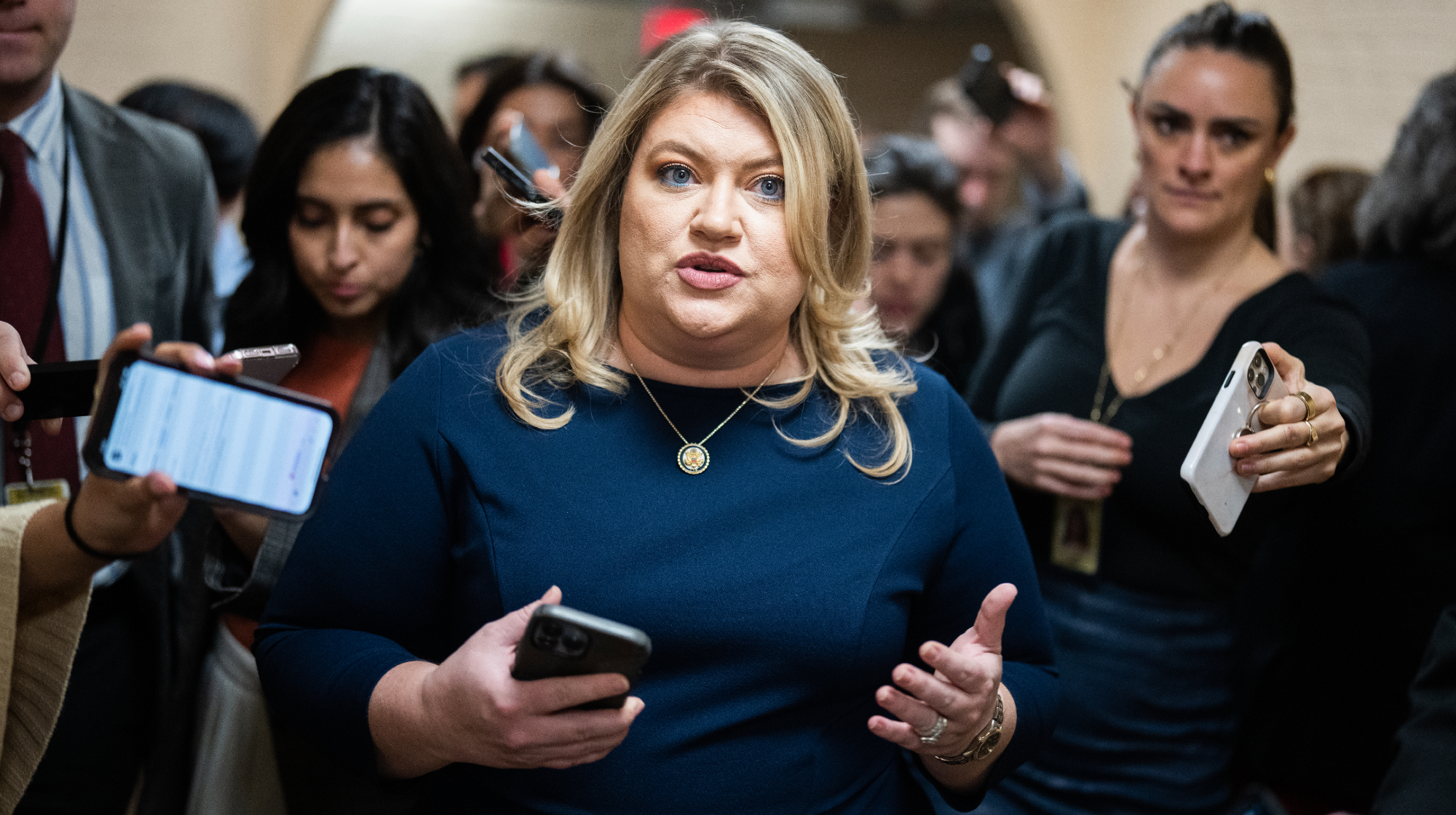 The ambiguous legal state of ectopic pregnancy care
The ambiguous legal state of ectopic pregnancy careThe Explainer Rep. Kat Cammack's accusations of 'fearmongering' are the latest example of how mixed messages are complicating the debate around abortion



